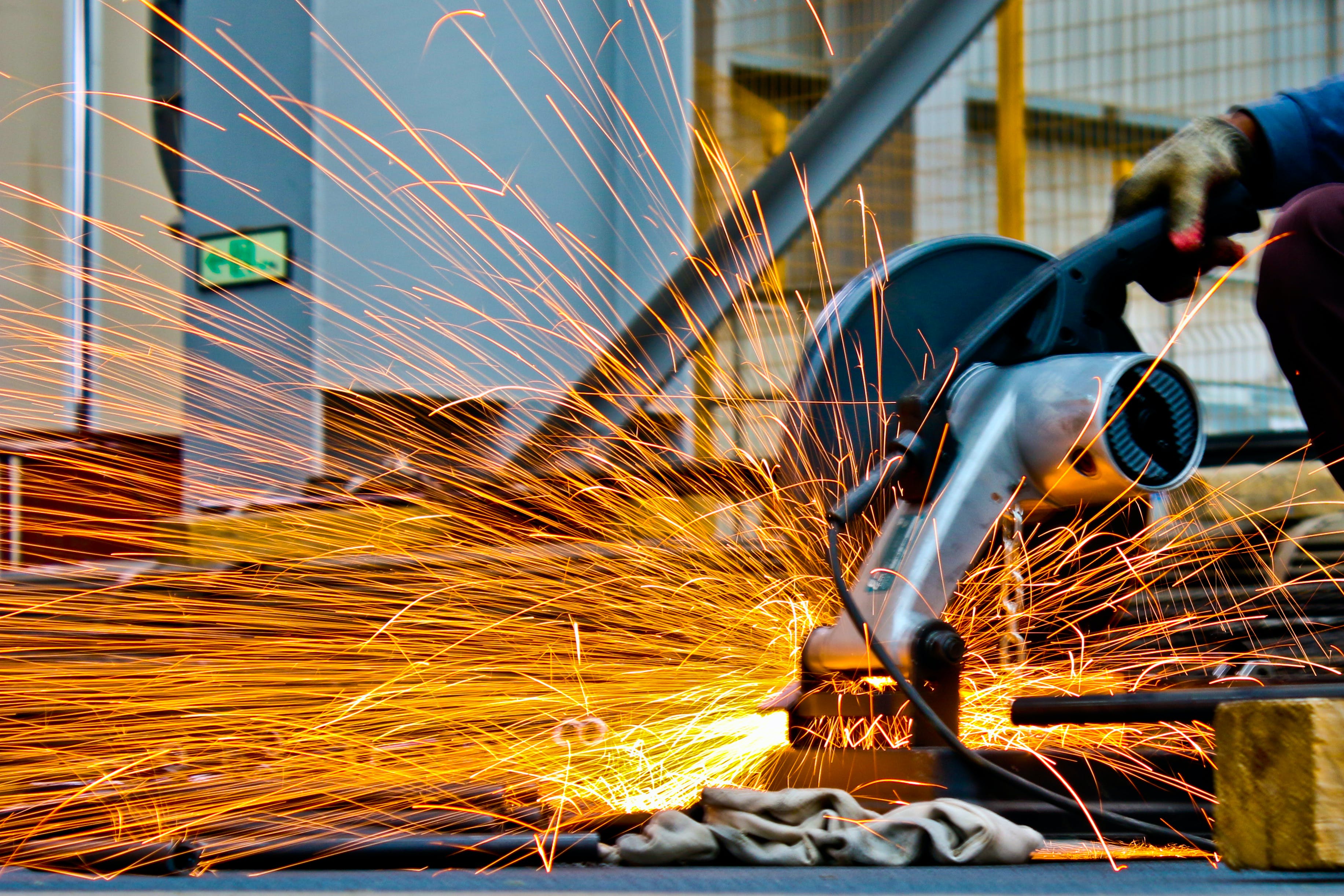Polyacrylamide (PAM) offers several advantages in the steel industry. Here are some of its key benefits:
1. Scale Inhibition: PAM can effectively inhibit the formation of scale in various stages of steel production, such as during descaling and cooling processes. Scale formation can lead to reduced heat transfer efficiency, equipment corrosion, and operational issues. PAM helps prevent the precipitation and deposition of scale-forming minerals, thus maintaining the efficiency of the production process.
2. Flocculation and Sedimentation: PAM can act as a flocculant, facilitating the aggregation of suspended particles in process water or wastewater generated during steel production. It improves the sedimentation and clarification processes, allowing for the efficient removal of solid particles and impurities. This results in cleaner process water and reduced environmental impact.
3. Water Treatment: PAM is widely used in wastewater treatment systems in the steel industry. It aids in the removal of organic and inorganic contaminants, heavy metals, oil, and grease from wastewater, ensuring compliance with environmental regulations. PAM can enhance the efficiency of processes such as coagulation, flocculation, sedimentation, and filtration.
4. Enhanced Filtration: In steel production, PAM can improve the filtration efficiency by forming larger and denser flocs, which are easier to separate from liquid. This helps in achieving higher filtration rates and better quality of filtrate, reducing the incidence of clogged filtration equipment and improving overall production efficiency.
5. Rheology Control: PAM can modify the rheological properties of fluids used in steel processing. By adjusting the viscosity and flow behavior of these fluids, PAM aids in controlling the spreading, coating, and casting processes. It enables precise control over the fluid's characteristics, facilitating uniform product quality.
6. Solid-Liquid Separation: PAM is effective in solid-liquid separation processes employed in the steel industry, such as centrifugation and filtration. It improves the dewatering efficiency of sludge generated during wastewater treatment, reducing the moisture content of the sludge and facilitating its disposal or further treatment.
Overall, the use of polyacrylamide in the steel industry provides benefits such as improved scale inhibition, enhanced flocculation and sedimentation, efficient water treatment, enhanced filtration, rheology control, and effective solid-liquid separation. These advantages contribute to increased productivity, cost savings, environmental compliance, and improved product quality in the steel manufacturing process.
